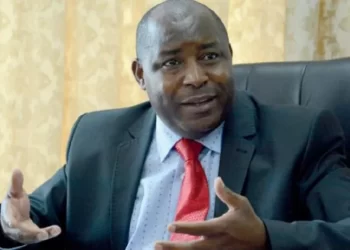The Bank of Ghana (BoG) has announced a new directive that will prohibit wilful loan defaulters from accessing banking and other regulated financial services for a period of up to five years.
The measure, which is part of broader efforts to strengthen the country’s financial sector and promote responsible lending, is aimed at curbing the growing problem of non-performing loans (NPLs).
BoG said the move will encourage borrowers to honour their repayment obligations and foster greater credit discipline.
According to the central bank, the restriction will apply to borrowers who have the means to repay their loans but deliberately refuse to do so.
Under this directive, all commercial banks and regulated lenders must publish the names of such defaulters twice a year — on June 30 and December 31 in at least two national newspapers and on their websites.
This category of defaulters, often termed “wilful defaulters,” poses significant risks to the stability of the financial system by weakening banks’ balance sheets and restricting their ability to extend credit to other customers.
The BoG has emphasised that the measure is not intended to punish genuine borrowers who are unable to repay due to unforeseen circumstances, such as job loss or business collapse. Instead, it specifically targets those who intentionally evade repayment despite having the capacity to settle their debts.
The Bank of Ghana’s latest move follows a series of regulatory interventions since the 2017 banking sector reforms, which included the recapitalisation of banks and the tightening of corporate governance requirements.
By tightening access to financial services for wilful defaulters, the central bank hopes to foster a culture of repayment that will improve credit flow, support economic growth, and safeguard the stability of Ghana’s financial system.












